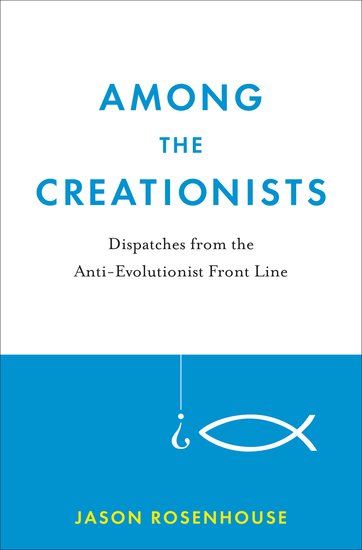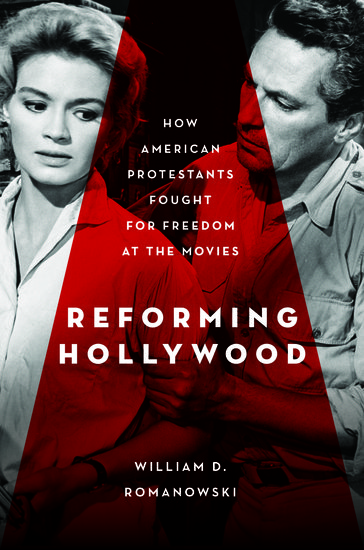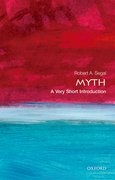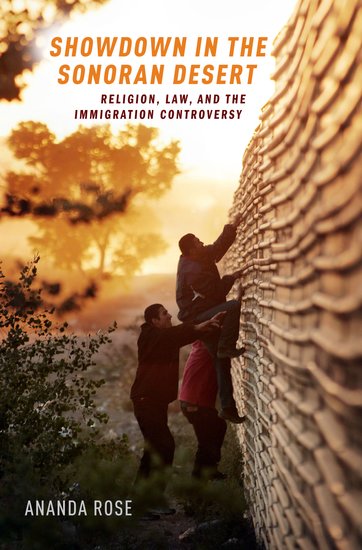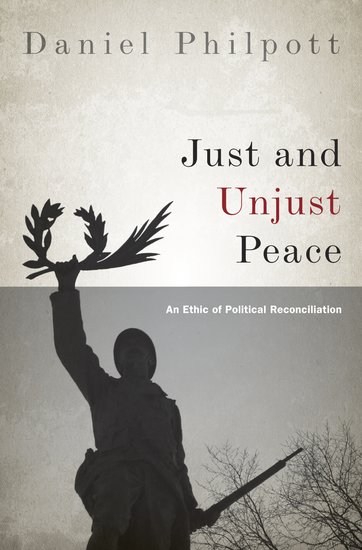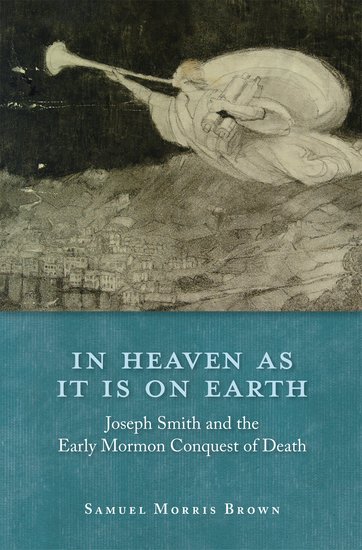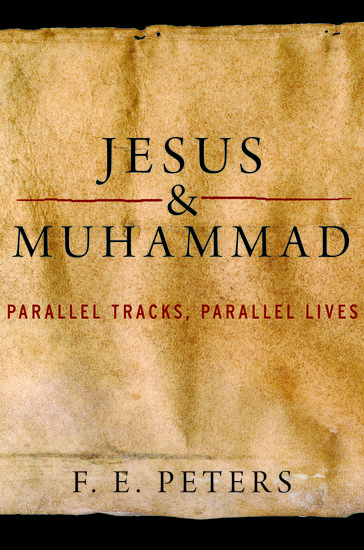Empathizing toward human unity
By Louis René Beres
According to ancient Jewish tradition traced back to the time of Isaiah, the world rests upon thirty-six just men — the Lamed-Vov. For these men who have been chosen and must remain unknown even to themselves, the spectacle of the world is insufferable beyond description. Eternally inconsolable at the extent of human pain and woe, so goes the Hasidic tale, they can never even expect a single moment of real tranquility.


